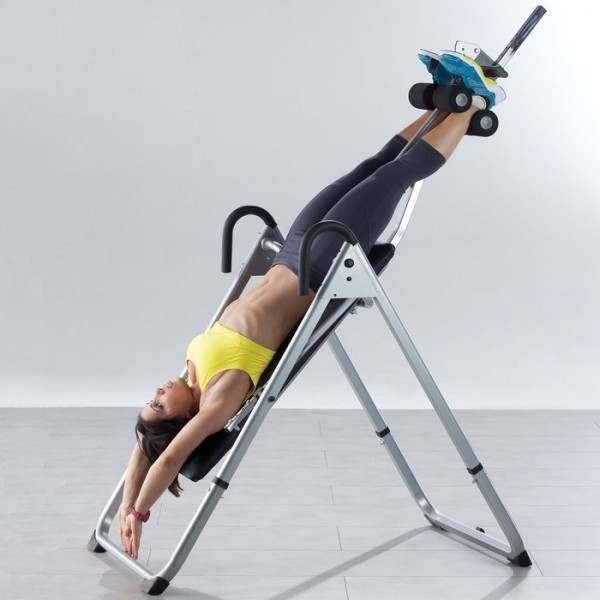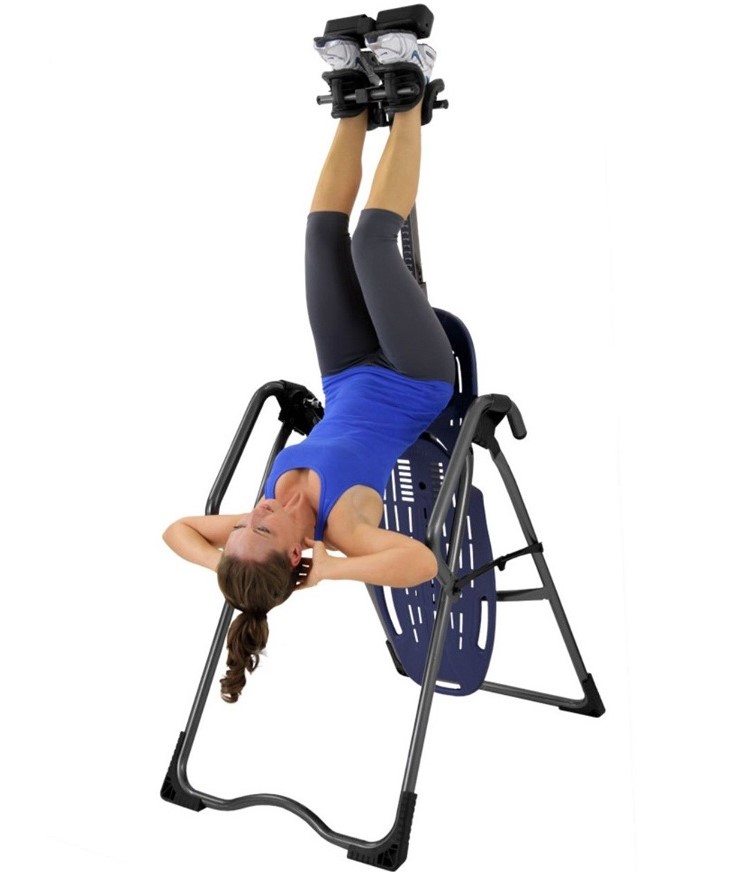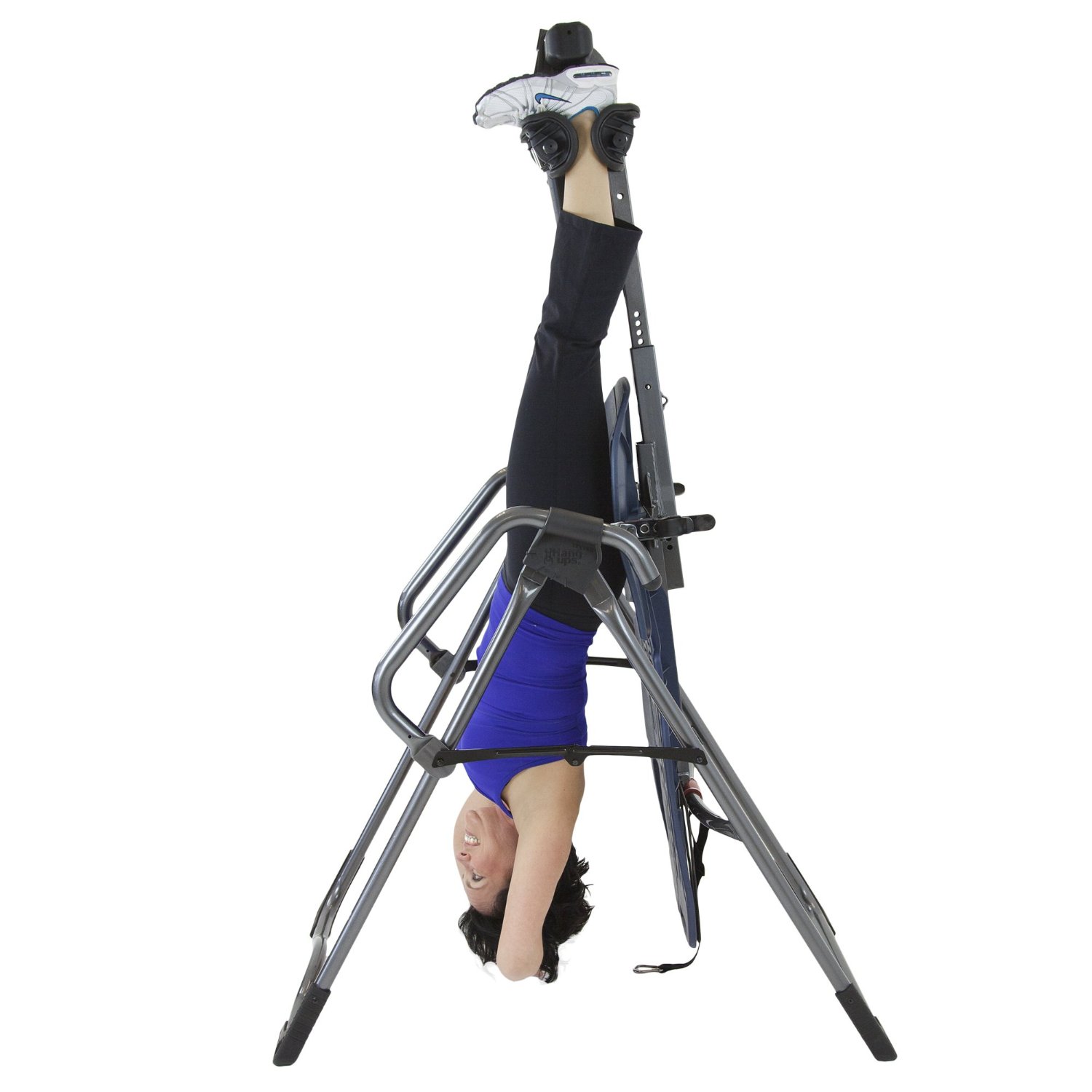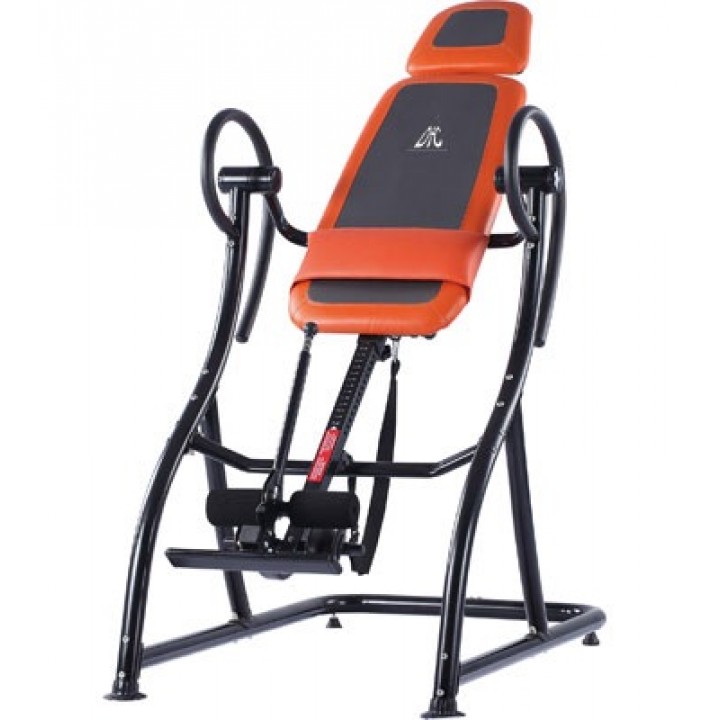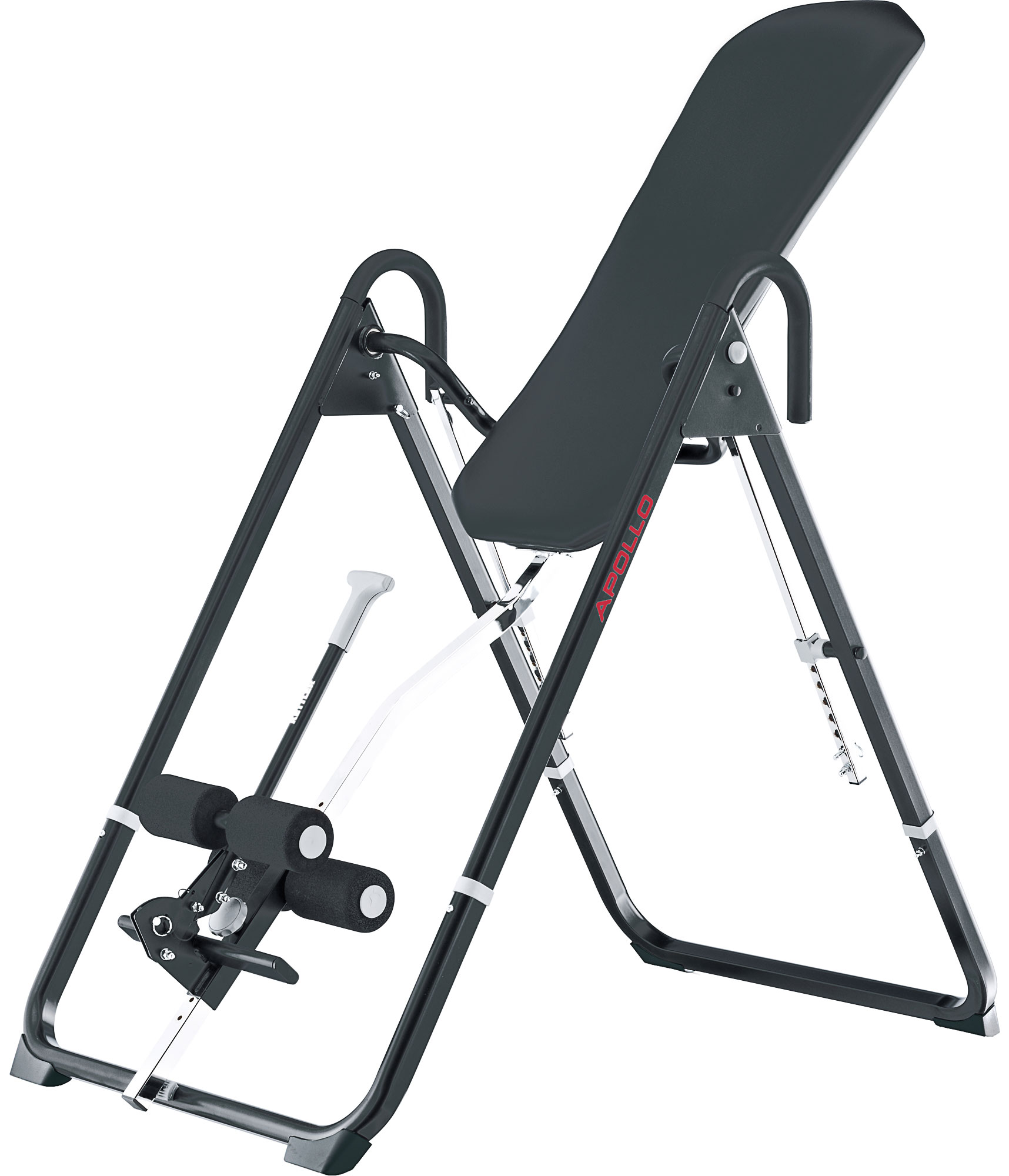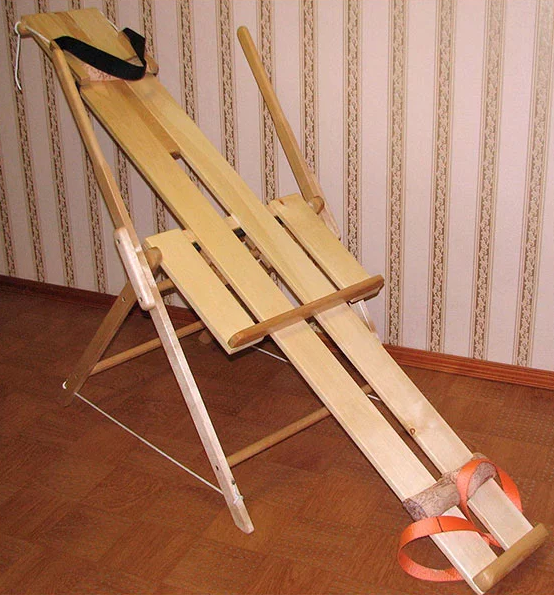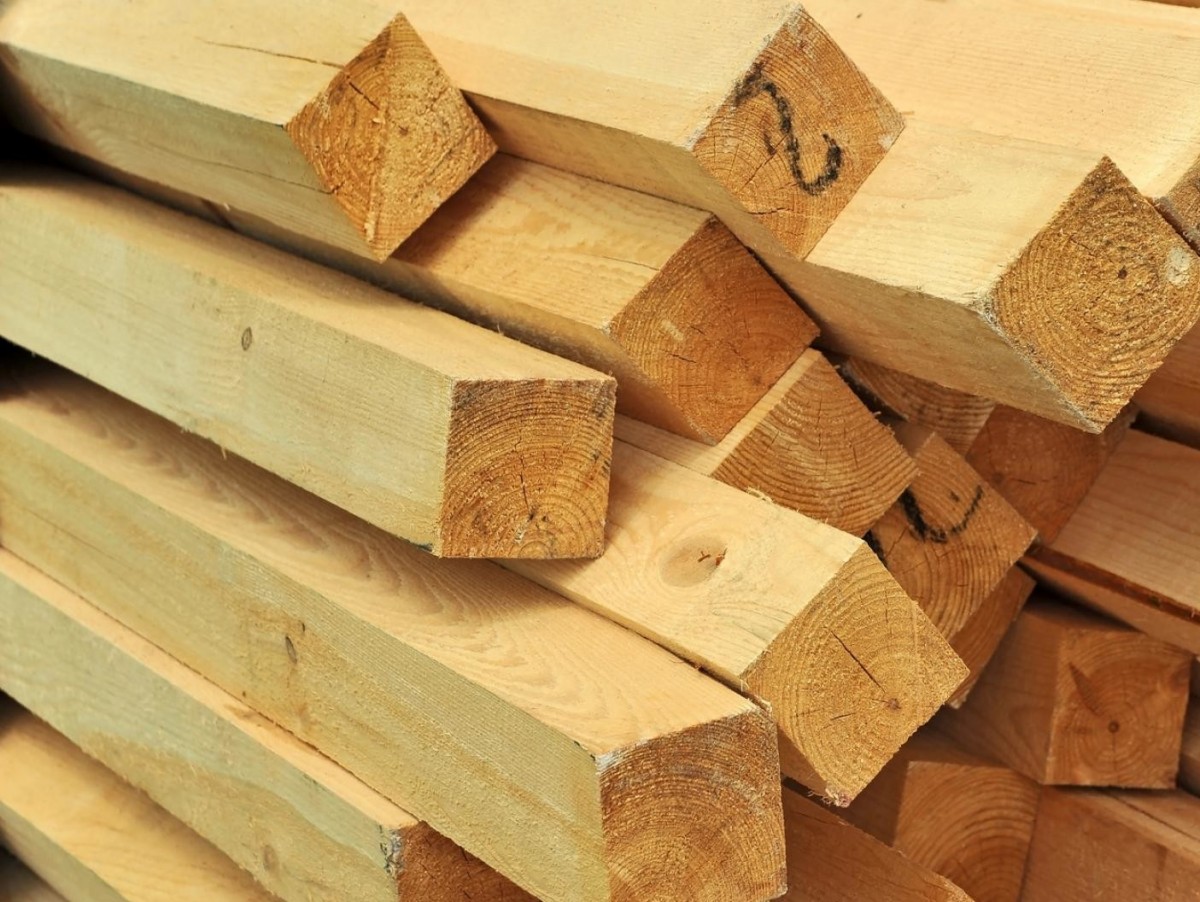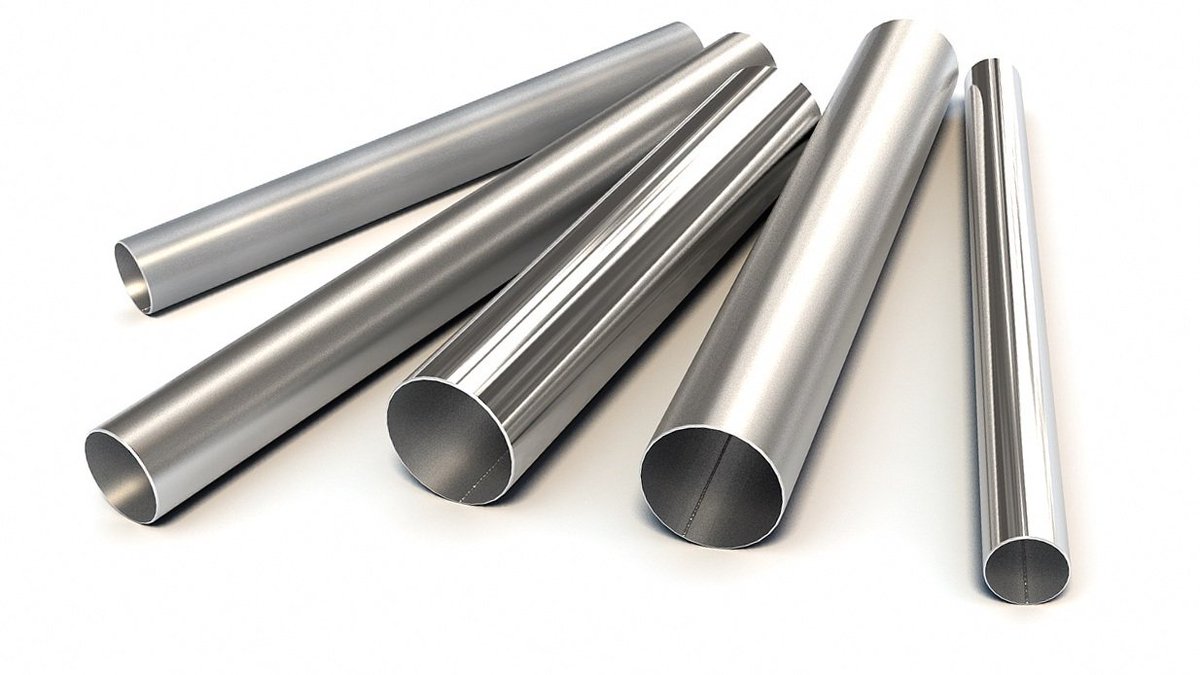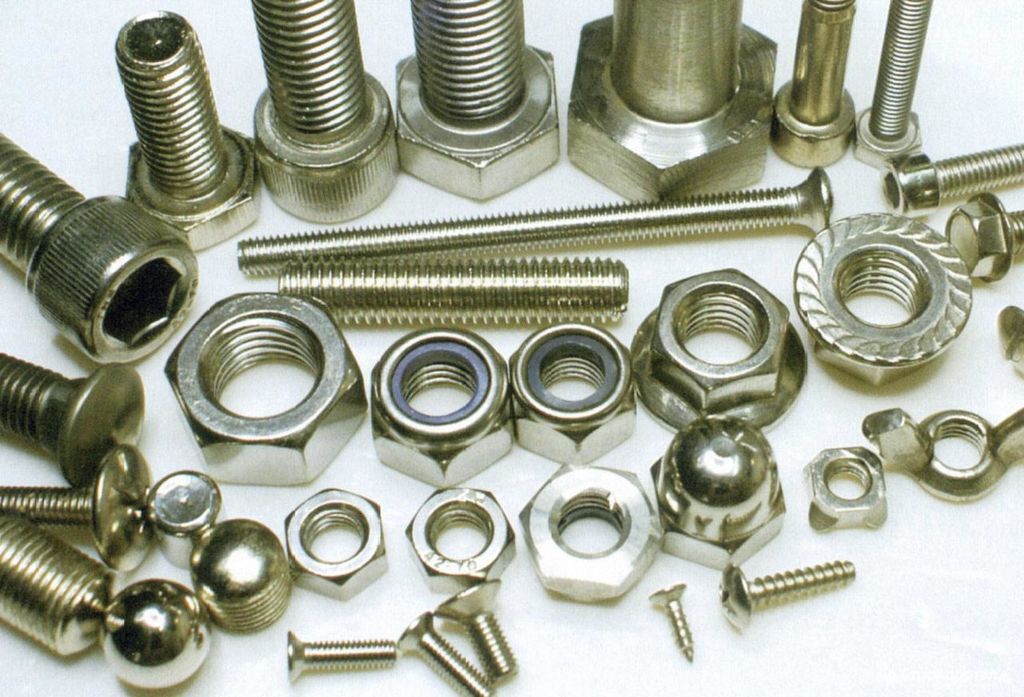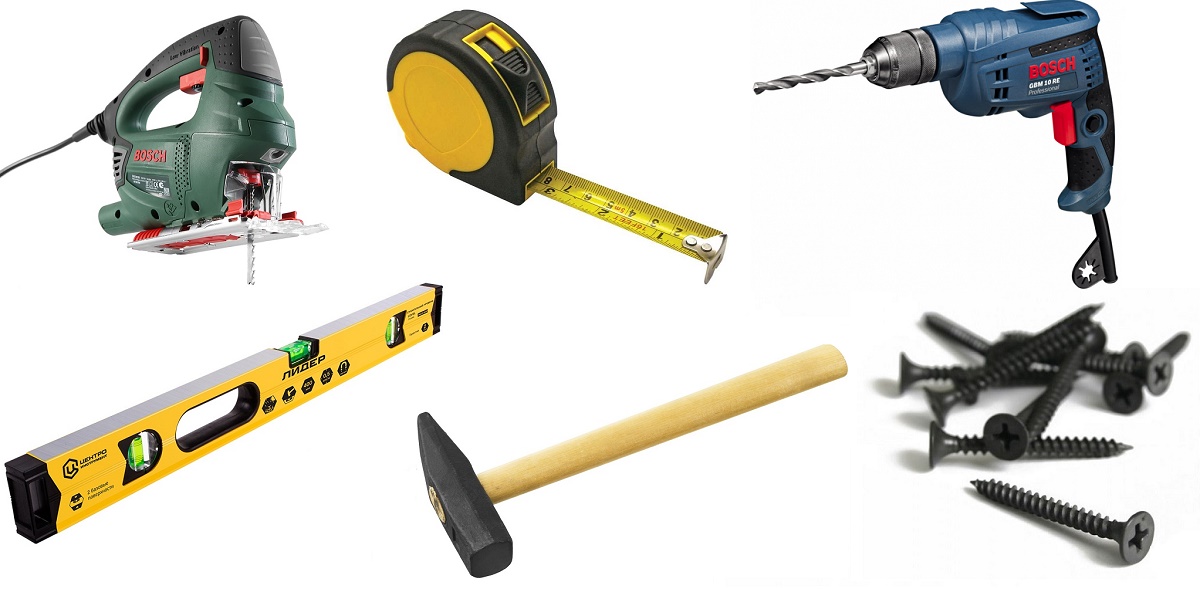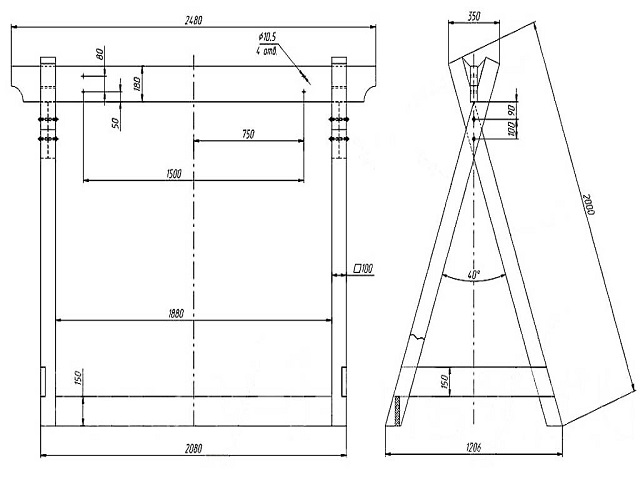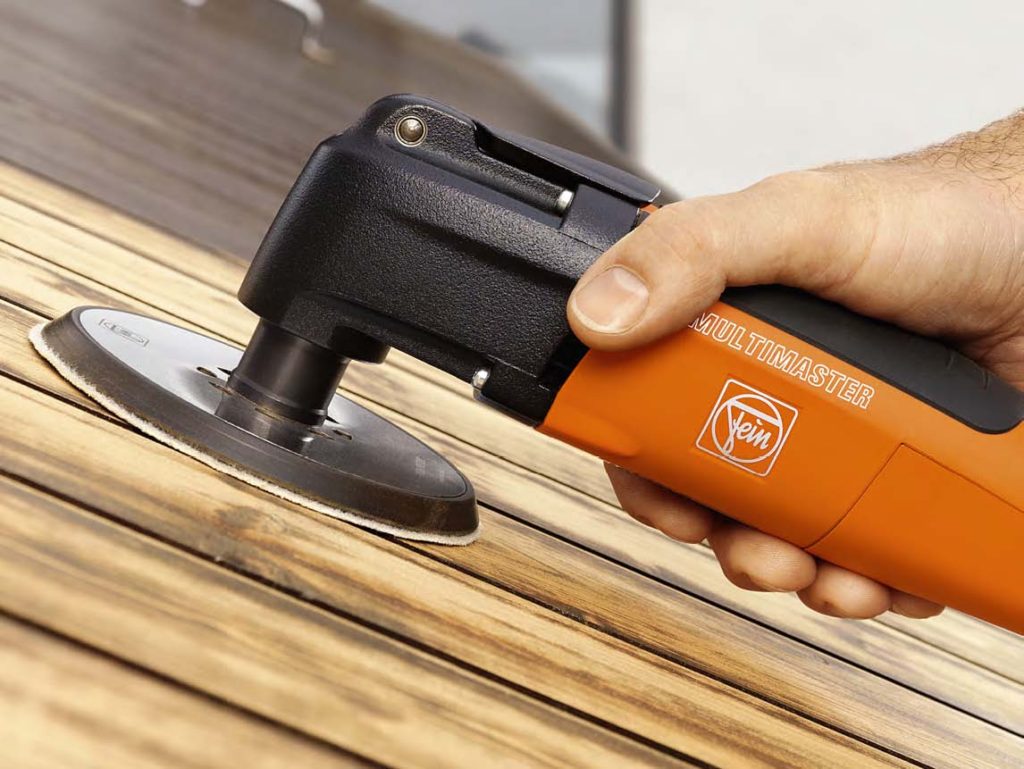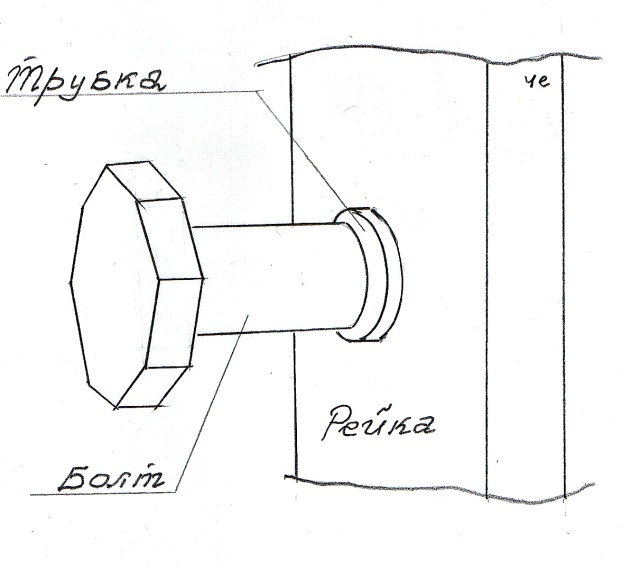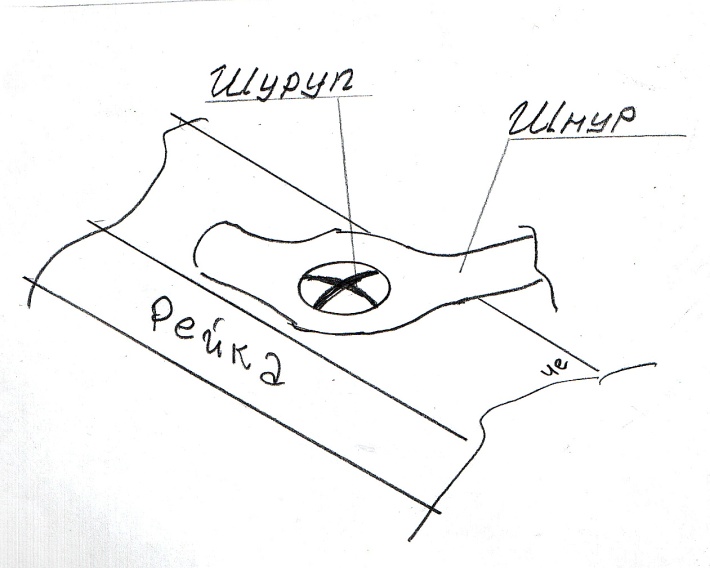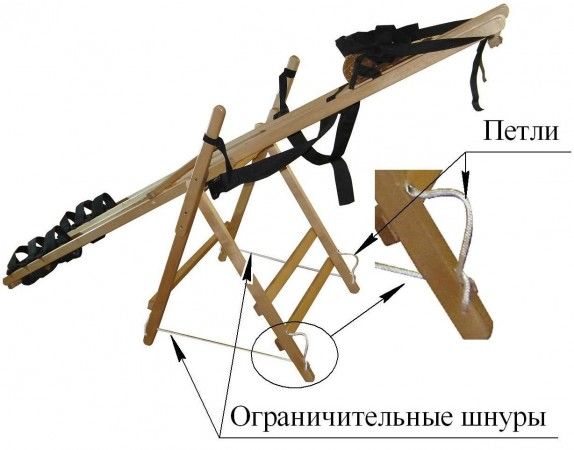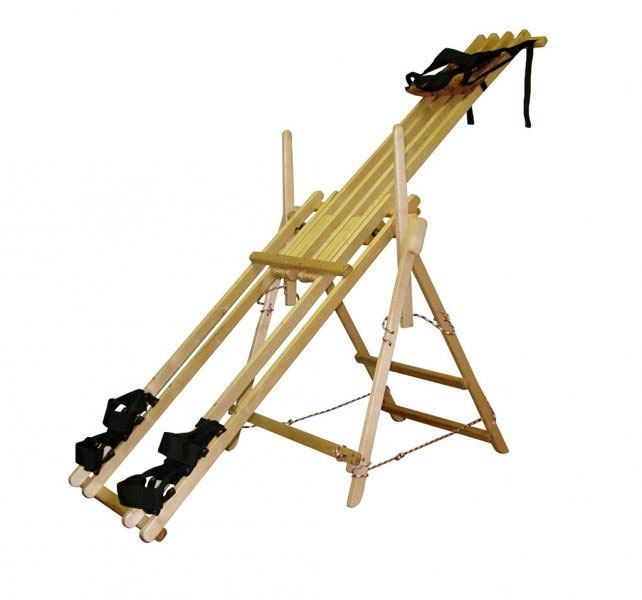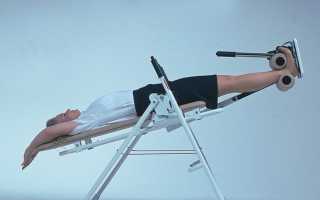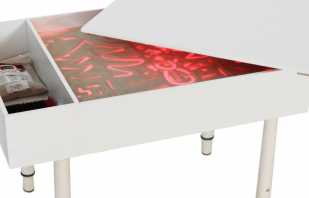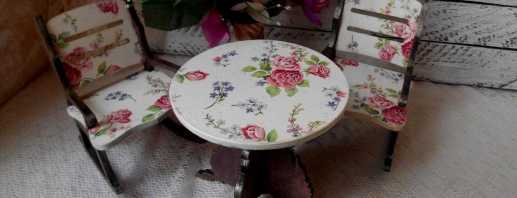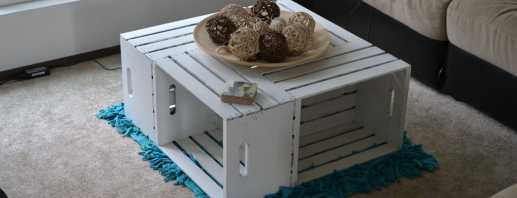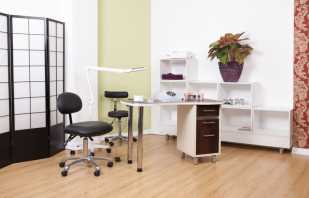How to make an inversion table with your own hands, expert advice
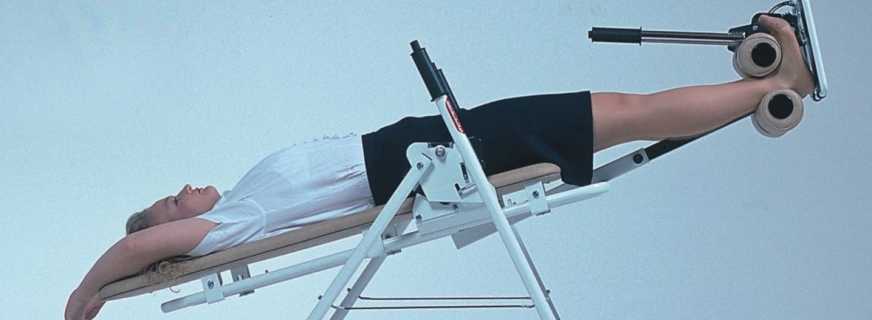
A sedentary lifestyle or heavy loads on the back lead to disruption of the musculoskeletal system. Elderly people are especially affected by spinal diseases. To prevent degenerative-dystrophic changes and to cure hernias, protrusions, displacements, you can use a special simulator. Orthopedists and rheumatologists recommend doing exercises based on hanging head down. To do this, you need to make an inversion table with your own hands or purchase a factory one. The finished design is expensive (from $ 300 to $ 3,000), can not always meet all safety requirements. For this reason, there are many drawings and detailed manuals for the manufacture of home appliances.
Benefits of DIY
An inversion table is a device that is used for therapeutic and prophylactic purposes in case of impaired function of the musculoskeletal system. On such a device, you can perform simple exercises for the spine, ensuring the expansion of the vertebrae, blood flow, lymphatic fluid to inaccessible places. Regular training on the simulator can improve overall health and lead to the following positive effect:
- improve posture;
- strengthen the ligamentous apparatus;
- prevent the development of hernias, protrusions, infectious, inflammatory diseases of the spine;
- improve blood circulation, lymphatic drainage.
Activities based on the location of the body upside down are recommended for all ages. It is especially useful for older people to do them. Smooth movements and work on the simulator can strengthen blood vessels, prevent the development of the most dangerous diseases: vegetative-vascular dystonia, hypertension, stroke, heart attack, ischemia.
A tangible drawback of the inversion table is its cost. For this reason, more and more people who suffer from pain in the back and cannot afford an expensive exercise machine or massage, try to make a wellness unit with their own hands. Even taking into account the cost of the necessary materials, a self-made product is several times cheaper. If you follow all the drawings and use quality materials, you can get a safe device for treatment.
Materials and Tools
Factory metal constructions are designed for people with body weight over 200 kg. The stationary table weighs more than 50 kg; it is used in hospitals, beauty salons, and health centers. For personal use, it is recommended to choose a plastic product that is easy to fold and carry. If you do the simulator yourself, wooden boards or chipboard are suitable.
Advantages and disadvantages of the materials used to make the inversion table:
- metal - a product from it is durable, but heavy, the material requires special skills in work;
- wood - environmentally friendly, durable, this table is characterized by good technical characteristics. Minus - requires additional processing;
- Chipboard or chipboard - materials of medium strength, have a large palette of colors, reasonable price, lightweight and easy to use. Disadvantage - poor-quality options may emit harmful substances;
- MDF is an option that is suitable for creating models for use at home by people with low weight. Minus material - price. Although it costs less than wood, it is much more expensive than chipboard, for example.
In factory models and home-made devices, materials are often combined. The legs of the simulator, its frame is made of steel pipes, the countertop is constructed from wooden or chipboard boards. For the convenience of exercising on the simulator, a small soft roller is made at the head of the headboard, and the back is trimmed with textile or leatherette. To ensure the reliability of the inversion table, fastenings on the countertop and elastic bands for legs will help (you can also additionally build safety straps in the chest area).
The preparation of materials and their fitting under the drawings occurs using a grinder, grinder, jigsaw. You can also contact a furniture manufacturing company. There, the customer will receive ready-made bars, boards that are correctly connected and securely fastened.
For the manufacture of high-quality inversion table should prepare the following materials:
- a wooden beam (20 x 40 mm), a metal and steel tube of 8 mm in diameter;
- bolts, nuts, screws, washers;
- braided cord, wide cargo tape (from 50 mm);
- abrasive wheel.
To work with a wooden table, the following power tools are needed: jigsaw, drill, screwdriver. A hammer, grinder, wrench, knife are also useful. For painting and processing of wooden boards, you need to take brushes. In addition, you need a wide piece of fabric or leatherette.
Drawing and dimensions
If a factory table is purchased, it has a growth adjustment that allows not only one family member to engage. You need to choose a size 10 cm larger than the tallest person. When creating your own simulator, you should also add 5-10 cm to the parameters of the countertop and support legs.
If the dimensions of the structural elements will not be individually selected for the growth of a person, some exercises will be impossible or dangerous to perform. Those who do not know how to make drawings with their own hands can use the finished ones (standard table 2 x 1.5 m).
In the standard scheme for manufacturing an inversion table made of wood, the height is 2 m, the angle between the supporting legs is 40 °, the width is about 1.5 m. For the tabletop, it is recommended to take 4 wooden slats 3 cm thick or glue two sheets of chipboard (1, 6 cm). When changing the dimensions of the product, it is worthwhile to adhere to the angle between the supporting legs.
How to make yourself
First you need to prepare all the materials yourself based on the measurements in the selected drawing. It is necessary to cut the slats, polish with a grinder with an abrasive wheel grit P 220. Boards should not cling to clothing or damage the skin during exercise. In the end, you should cover them with furniture varnish, allow to dry well.
Further, everything is done according to the instructions:
- In places where structural elements are connected, make holes for metal tubes. Next, fasten the boards.
- Insert the bolts and washers into the tubes based on the current diagram. Using these nuts, fasten the articulated joints of the legs, levers, support elements.
- To enhance the safety of the simulator with screws, fasten the crossbars.
- Attach bound polymer cords to the feet with screws, the location of which can be seen in the diagram.To prevent them from opening during operation, secure the ends with a drill.
- At the bottom of the tabletop, attach the straps that will hold the feet during the exercise. To enhance safety, protection will be required in the chest area.
Finally, attach rubber to the ends of the table legs to prevent it from slipping. After assembling and checking the strength of the product, paint a homemade simulator with paint of your favorite color. In places of damage you will need to use plaster.
More detailed instructions for making an inversion table with your own hands can be found in specialized forums. People willingly share their experiences, telling how easy it is to build a wellness structure, how much material is needed, and what is the approximate cost. Using ready-made tips, even a beginner will cope with a similar task.


